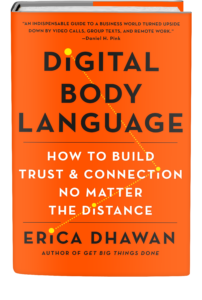As CEOs, celebrities, and champagne covers the snowy streets of Davos this week for the 2013 World Economic Forum, the media is enjoying its own spin on the world’s most exclusive event. While the mix of people at the event is slowly changing with the rise of World Economic Young Leaders, Global Shapers and technology entrepreneurs, there is one population that remains quite the same—the overwhelmingly low ratio of women to men at the event and the whispers of the quota system in the air.
With women still only making up only 17 percent of Davos, we are moving closer but we are not moving fast enough. There is still a long way to go.
This week in Huffington Post I share some facts about quotas as "controlled experiments" and what it might look like in the future. Read the full article here.
How are you tackling quotas in your workplace? Do you have strategies to recruit a pool of diverse talent—diversity of backgrounds, experience and ideas? We might not be able to change Davos, but we can change our own teams and companies to generate better ideas, leaders, products and services.





